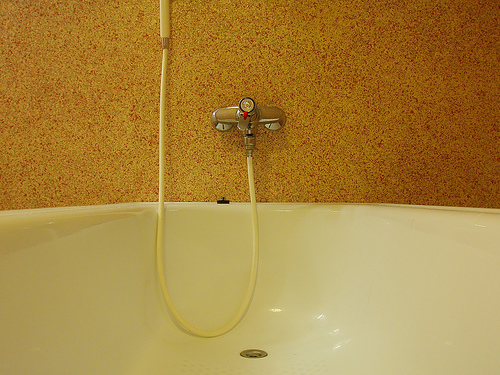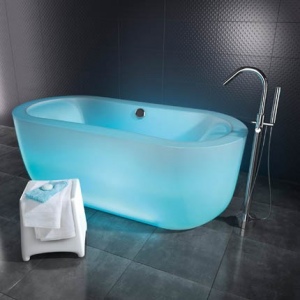For generations, countless cleaning tips and tricks have been shared amongst homeowners. Whether it’s a secret family recipe or a helpful advice from our neighbour, we all try to preserve these traditions in some way. However, some of these tricks are not so accurate, especially when it comes to household cleaning tips. They are in need of serious reevaluation.
Here are the most common cleaning myths:
1. Bleach cleans everything
People seem to believe that bleach is the number one cleaner. This is not even close to truth. Cleaning products have chemical properties that loosen and suspend soil in the solution so it can be removed. Bleach has no such properties, but instead, acts as a powerful disinfectant and stain remover. You can certainly use it after a cleaning product, just not instead of one. Bleach kills germs and removes stains, but ultimately, it does not help with removing dirt off the surface.
You should consider using other detergents and mild cleansers instead of bleach, to spare your lungs from breathing in toxic bleach fumes. Also, contact with bleach can irritate your skin and be very harmful. Ultimately, bleach can cause damage to those same surfaces you are trying to clean by removing their color. Try using baking soda instead. It will help you effectively clean all your surfaces while also preserving the health of you and your family.
2. Vinegar is the perfect cleaner
Vinegar is great at removing odor, making people believe everything is clean. It is also an amazing cleaner for ceramic, glass and plastic surfaces. However, there are certain surfaces vinegar should not be used on, like hardwood floors, as it will damage the finish and remove the shine, or stone surfaces, where it will cause scratches. Also, using vinegar on an unsealed grout can speed up its deterioration over time. So, while vinegar performs well as a cleaning and deodorizing agent on some surfaces, there are some it should not be used on as it will cause much more harm, and hardly any good.
3. Newspapers are great glass cleaning tools
Many people believe that newspapers and paper in general are excellent for cleaning glass and mirrors and act as great paper towl alternative. This myth may be true to some extent. When used with glass cleaners, newspaper will work and eliminate lint found on glass surfaces, but it will also leave behind smeared ink on your windows. Also, if the used materials are too wet, you could end up making a bigger mess than you had when you started cleaning. In the end, newspapers can be a good cleaning aid to some extent, but it is probably better to find an easier and cleaner way.
4. Using more soap to clean more
We can be tempted to add more power for a bigger cleaning job, but it is important to use the proper amount of soap or detergent. Extra is not always better, and using too much soap will ultimately end up causing more problems than it fixes. Soap is great for cleaning as it has properties that attract dirt. That way dirt is rinsed away from the surface we are trying to clean. But, the problems arise if too much soap was used, making it hard to rinse away soap residue. If all soap isn’t gone, that surface will attract even more dirt.
We often see this problem over at Meadowbrook Pointe, in carpet cleaning. If the carpet is left with a lot of cleaning residue, it will attract even more dirt or grime, as they will stick to the carpet easily. Also, the same problem happens with washing machines and dishwashers. If too much detergent is used, its residue will attract the dirt, making your washed clothes look dirty. It can also cause potential damage to the appliances themselves.
5. Hair sprays remove ink stains
Hair sprays contain alcohol and, although ink stains can be tricky, they respond well to alcohol. But, keep in mind that alcohol level in hair sprays has been reduced over time, so sometimes, hair spray won’t work.
Also, hair spray works better when the material in question contains polyester. If not, you should use something else for cleaning purposes, certainly not hair spray. Remember that all clothes treated with hair spray have to be rinsed thoroughly, whether the ink came out or not.
Featured images:
License: Creative Commons
image source
Alissa Young is a community manager at Meadowbrook Pointe and a part-time blogger. She has a lot of experiance in home improvement so when she blogs, she usually blogs about that, home improvement.





